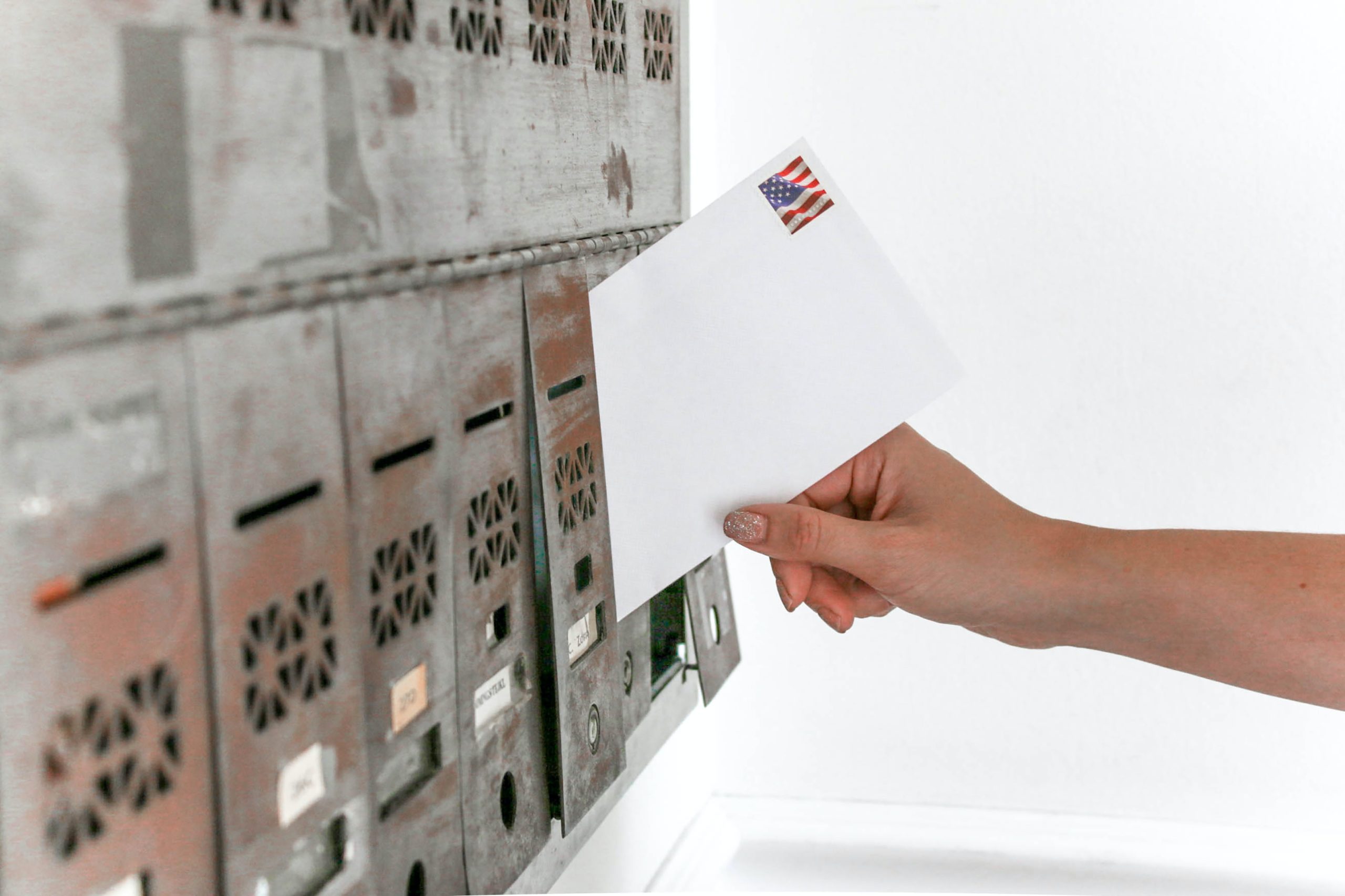AFFT recently surveyed its members about their experiences during the lead-up to the 2022 midterm elections. Findings show a wide range of political communications by unions, ranging from “none” to “nonstop propaganda.” The majority of members noted that they did not receive any communication. When asked whether their union sent political communications, one respondent said, “I’ve honestly heard nothing,” while others said “nothing,” “none,” and “Not really much, if any.” It is important to note that the majority of respondents are no longer union members and are likely not receiving all union communications.
Still, AFFT members noted that several unions sent politically charged mailers pushing for their members to support progressive candidates. Several members said they received “Democrat information,” or “nonstop propaganda” from their union. One member wrote that AFSCME “sent me an email to go out and vote” that was later followed by an email about abortion.
Another member cited a specific politically charged communication, which said if the member did not vote “for our current governor, there could be cuts next year and our ‘sign on bonus’ of $3,000 might go away.”
Notably absent in AFFT members’ responses were any mention of the union asking for members’ opinions on which candidates or initiatives the unions should support.
Even if many members did not receive direct calls to action from their union, members’ dues payments continue to flow to partisan political activities behind the scenes. Recent examples include AFL-CIO’s announcement that its new recruitment drive will be funded by an increase in dues and the California Teachers Association spending $2.8 million to fund school board candidates in recent elections.
An AFFT report released earlier this year shows that the National Education Association, spent $66 million on political activities in 2020-2021, which is double the amount the union spent on representing its members.
We are thankful and grateful to our members for sharing their unfiltered, honest thoughts about their experiences with the unions in their workplaces. During such politically charged times, members still shared general optimism and enthusiasm about the elections, using words such as “hopeful,” “excited,” “optimistic,” and “enthusiastic.”
